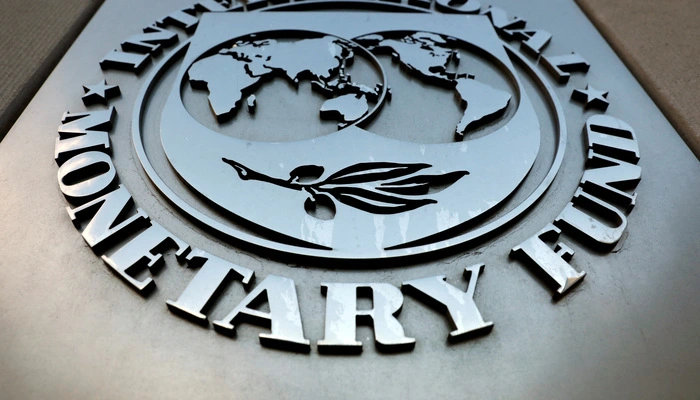ISLAMABAD: A Pakistani delegation briefed the International Monetary Fund (IMF) on Tuesday about the steps taken to expand fiscal space through tax and energy reforms. The delegation, currently in Washington, met with IMF’s Deputy Managing Director Kenji Okamura to highlight key measures aimed at improving the economy.
According to a notification from the finance ministry, the delegation emphasized efforts to broaden the tax base, realign the provincial Agriculture Income Tax (AIT) with the federal tax regime, and rationalize subsidies. They also discussed the importance of rightsizing the government and reducing costs in the energy sector.
Additionally, the delegation shared the government’s commitment to stimulating private sector growth. They outlined a plan to pursue a prudent monetary policy and implement external sector policies to stabilize the economy. The finance ministry confirmed that the IMF was briefed on the steady implementation of reforms under the Extended Fund Facility (EFF).
High-Level Meetings with Global Partners
The delegation, led by the finance minister, includes the finance secretary, the economic affairs secretary, and the governor of the State Bank of Pakistan. These officials are scheduled to engage in high-level discussions with IMF and World Bank representatives throughout their week-long visit.
Importantly, the delegation’s agenda also involves bilateral meetings with key partners, including China, Saudi Arabia, and Turkiye. They will also meet with senior officials from the US Treasury Department. The meetings are part of the ongoing annual IMF and World Bank sessions, which will run until October 26.
This year’s talks are critical for Pakistan, particularly after the IMF approved a $7 billion loan to support the country’s struggling economy. The loan is part of the broader EFF program aimed at stabilizing Pakistan’s financial situation.
In an earlier meeting, the Pakistani team met with Jihad Azour, IMF’s Middle East and Central Asia Director. During the talks, the delegation outlined Pakistan’s efforts to achieve fiscal consolidation and boost revenue. They also shared the government’s plans to reform the energy sector and state-owned enterprises.
Pakistan’s Economic Reform Strategy
The meeting comes at a time when Pakistan is seeking to enhance its economic position through major reforms. By broadening the tax base and cutting energy sector costs, the government hopes to increase fiscal space and improve the overall economic outlook. These steps are critical as Pakistan grapples with economic challenges, including inflation and external debt.
Moreover, the delegation highlighted the government’s focus on stimulating private sector activity. The aim is to foster growth through policies that encourage investment and reduce bureaucratic hurdles. This, combined with efforts to rationalize subsidies and reduce government expenditures, forms the backbone of Pakistan’s economic reform strategy.
These meetings primarily focus on securing financial support and cooperation from international institutions, while the Pakistani delegation also works to strengthen ties with friendly nations. They expect talks with China, Saudi Arabia, and Turkiye to yield further economic collaboration, which will play a vital role in Pakistan’s future development.
In conclusion, the Pakistani delegation’s briefing to the IMF underscores the government’s commitment to implementing reforms and addressing economic challenges. As the week progresses, more details are likely to emerge about the outcomes of these high-level meetings and the potential impacts on Pakistan’s economic recovery. The IMF and World Bank discussions will continue to play a significant role in shaping Pakistan’s fiscal and monetary policies going forward.
Follow us on Google News, Instagram, YouTube, Facebook,Whats App, and TikTok for latest updates
